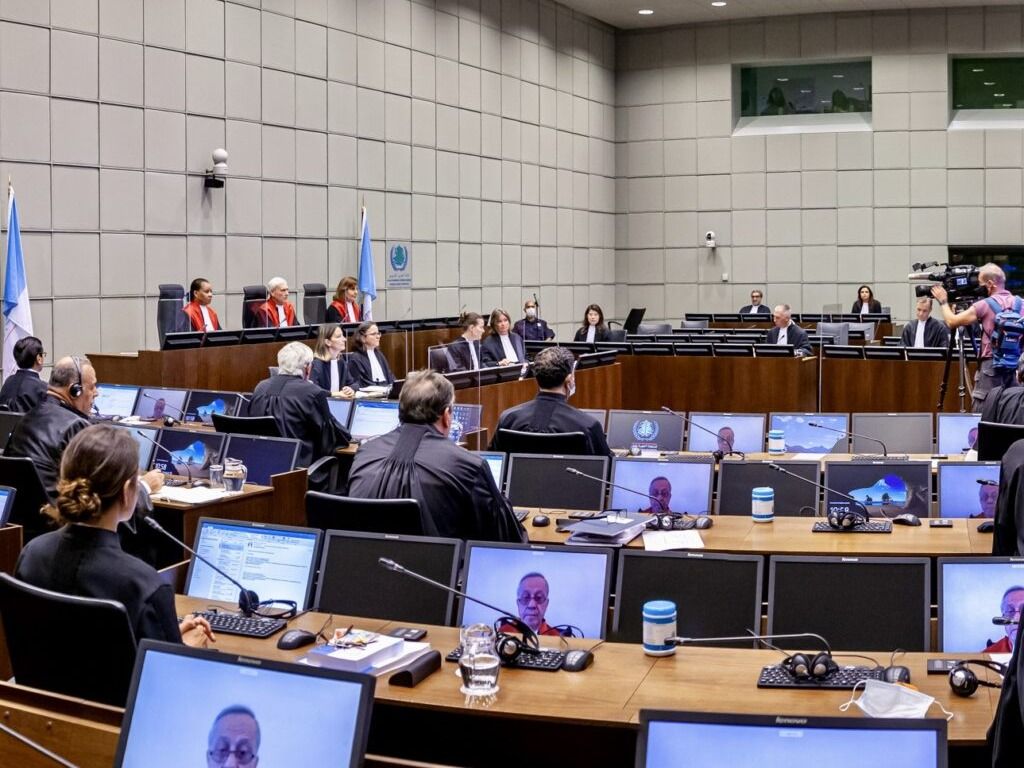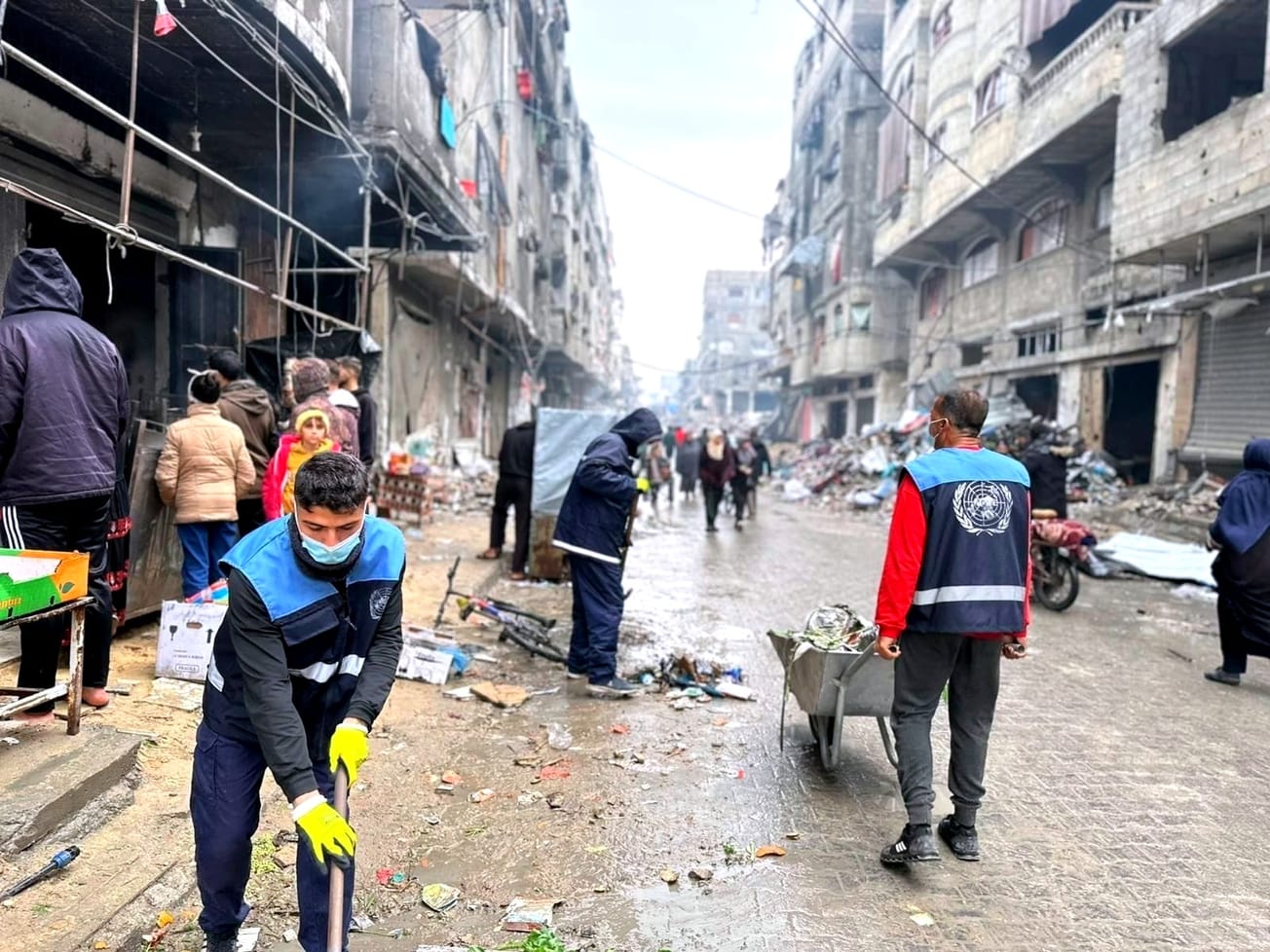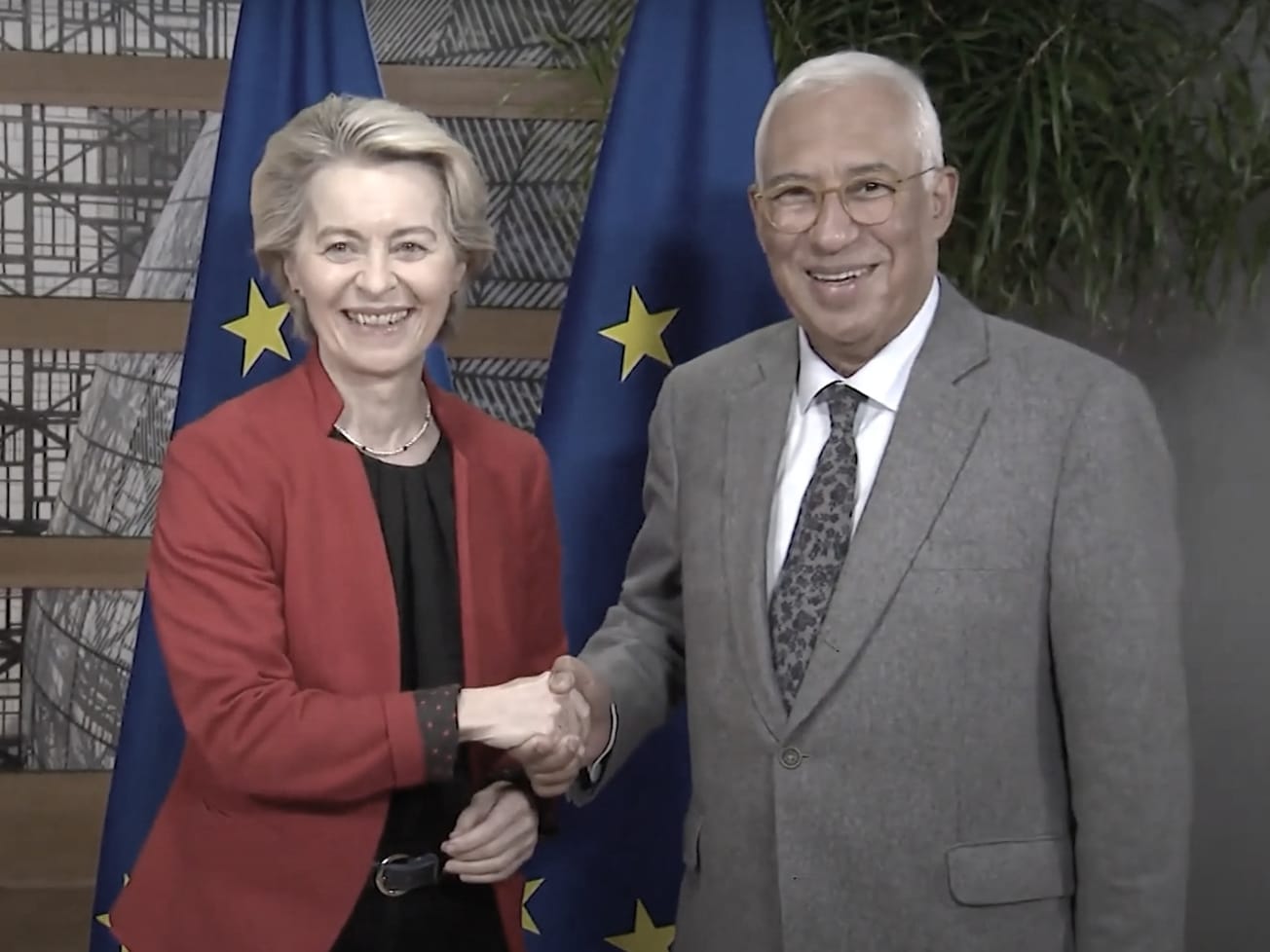A U.N.-appointed tribunal on Tuesday convicted a member of the Hezbollah militant group of homicide and terrorism in the truck bomb assassination of former Lebanese Prime Minister Rafik Hariri 15 years ago.
The Special Tribunal for Lebanon's Presiding Judge David Re said that Salim Ayyash, also known as Abu Salim, was found guilty as a co-conspirator of five charges in the suicide bombing on February 14, 2005 that killed Hariri and 21 others in Beirut. Another 226 people were wounded in the blast.









